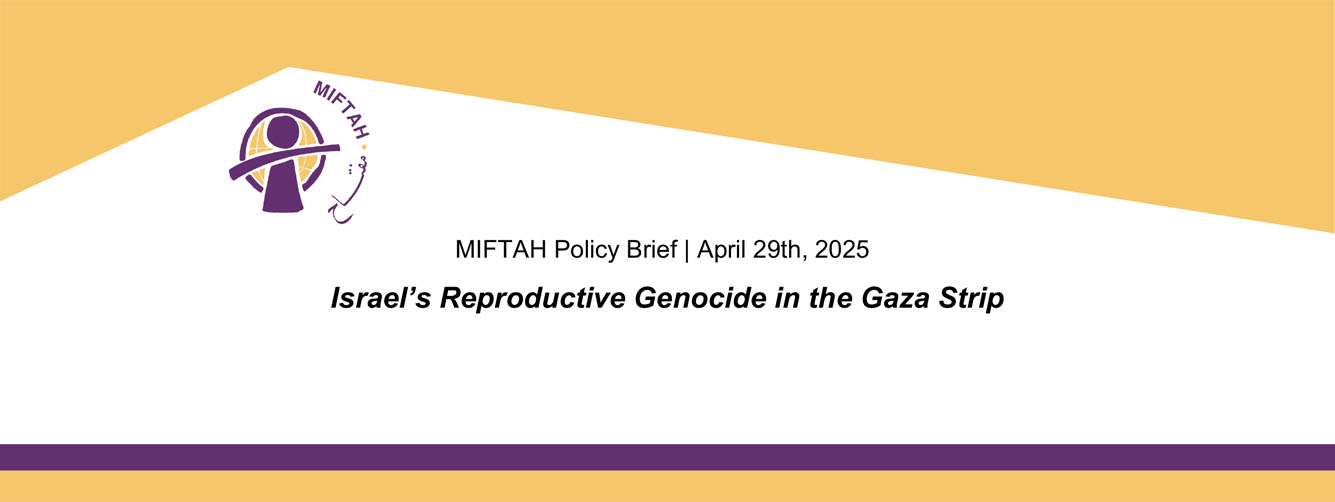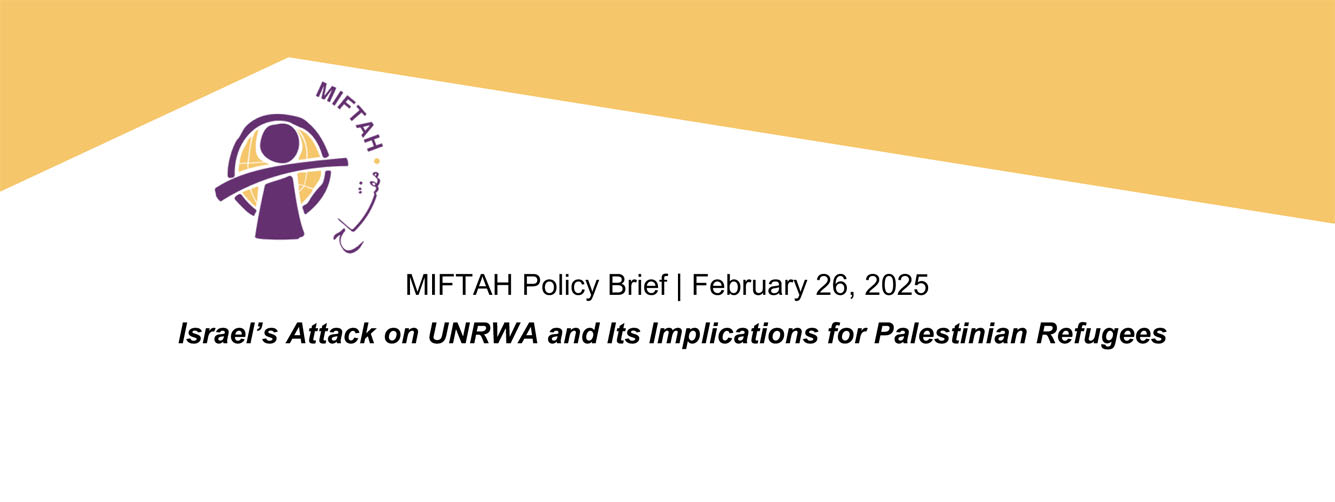This paper is prepared in the context of PARC’s* efforts to lobby the parties concerned with the agricultural development to give better attention and support to this sector, which encounters challenges resulting from external and internal factors.
Agriculture continues to play an important role in the economies of the majority of the developing and third world countries despite of the negative consequences of the rapid and large transformations occurring in the world economy nowadays as a result of the aggressive globalization and the domination of the digital economy.
The agricultural sectors in these countries are subjected to huge pressures invoked by globalization such as the dumping of food and agricultural produces from the US and Europe in their markets. The dictated obligations to introduce structural adjustments aiming at cutting down their budgetary support to the vital sectors such as agriculture and favoring new sectors that can only survive on the external inputs. The imposition of privatization policy forms another obstacle that these countries face in their confrontation with the sole polar system and gender blind globalization. Consequently, these policies lead to the deformation of the agricultural structure and destruction of traditional cultivators, which are replaced by export crops requiring high-tech and a huge capital. Societies in the developing countries will not escape the impact of these policies; transformation in social spectrum will take place in the interest of certain strata and elites.
Nevertheless, the agricultural sectors in developing countries are anchored in their capacity of steadfastness against the aforementioned pressures for the sake of ensuring the minimal required food production to prevent mass starvation and total devastation. They enjoy a high presence in the national consciousness and developmental awareness of the people of these countries. Furthermore, agricultural sectors occupy very vast space in the collective proficiency and know how of the native people of these countries.
The Palestinian agricultural sector demonstrates the following comparative advantages that give it a prominence in the Palestinian de facto situation under the Israeli occupation.
- Maintaining and reproducing of the Palestinian steadfastness and existence:
The various statistical data indicated that this sector plays a very crucial role in ensuring job opportunities and employments. The agriculture’s contribution to employment has risen from 12.7% in 1995 up to 16% in 2004. In addition, agriculture has guaranteed work for more than 39% of those who work in informal sectors. Moreover, it provides resort to more than 17% of the Palestinian families in 2004, who cultivated their lands and raised animals for their survival. - Ensuring food security:
The agricultural sector still plays a central role in achieving food security for Palestinian families as quite a good number of families depend on this sector in answering their needs by means of family and domestic projects. It is worth noting that despite of the slight drop by 2% in the size of farmed lands between the years 2002-2003, the Palestinians managed to maintain a relatively steady average of cultivated lands with field crops, vegetables and fruits besides raising animals such as cows, goats and sheep. These indicators reveal the flexibility and sustainability of the agricultural sector in the provision of the basic food needs for the majority of the Palestinians away from the control of the Israeli economy mechanisms. Thus, the Palestinian agriculture contributes greatly to the enhancement of the economic independence and future disengagement between the Palestinian and Israeli economies. - A vital sector for the existence of other economic sectors:
Agriculture in Palestine is considered stirrer and source of sustainability of many Palestinian industries such as food, fodders, leather, shoes, soap, furniture, cosmetics and tourist industry. Agricultural produce constitute essential inputs to all of the aforementioned industries which indicate that this sector plays a central productive focal point in the Palestinian economy. - Reducing unemployment:
As was earlier mentioned, the Palestinian agricultural sector is known for its elasticity and ability to generate jobs, which can help ease up people’s harsh economic situation and alleviate poverty pockets among the population. The PCBS statistics for 2004 indicated that unemployment percentage reached 24.5% in rural areas whereas it reached 25.5% and 32.7% in cities and refugee camps respectively. - Agricultural machinery:
The Palestinian agricultural sector contains quite a big number of machines and equipment despite of the deformation that occurred in its structure and the erosion of its resources. - Agricultural know how and proficiency:
Palestinians have quite good knowledge of agricultural practices and technologies. Rural areas reflect cultural, social and agricultural accumulated awareness. These facts enable the agricultural sector to absorb the external pressures and challenges faced by the Palestinian people. - The Palestinian climate, environment and biodiversity give agriculture a distinctive feature. In Palestine, quite a big number of crop varieties are produced nearly around the year. Some of these varieties have a competitive advantage such as dates, which is grown in limited amounts throughout the world.
- The Palestinian agricultural produces have a good reputation worldwide being naturally and organically grown. The trend of the Palestinian farmers and consumers is against the genetically improved and chemically proliferated crops. This can enhance the marketing opportunities for the Palestinian agricultural produce in the world market in addition to placing it in the forefront of the Palestinian economic sectors.
- Historically, the Palestinian agriculture comprised the lion share of the GNP. During the seventieths its contribution reached up to nearly 50%. However, there was a huge decline in 2004 reached to 10.8% of the GNP, which was the average percentage of agriculture during the past four years. It is worth noting that the systematic policies of the Israeli occupation authorities aimed at the destruction of the Palestinian agriculture besides the lack of budgetary support it received from the Palestinian Authority were the root causes of this deterioration in the agricultural contribution.
- The Palestinian rural and agricultural sector embraces 88% of the population gatherings. This means that nearly 60% of the Palestinians are living in the rural areas. Moreover, this sector introduces the strongest foundation for developing the status and role of the Palestinian women as statistics indicated that almost 90% of the women in informal economy work in agriculture. And rural women form 30% of the Palestinian women power.
- The Palestinian agricultural sector escapes the harsh consequences of globalization compared with the other Palestinian sectors most notably the commercial and public sectors which rely on foreign grants and loans and therefore are subjected to the external obligations and prerequisites.
Conclusion:
The above-mentioned facts and figures indicate that the Palestinian agricultural system is the safety valve for guaranteeing the long lasting Palestinian sovereignty and will. Therefore, the Palestinian Authority particularly the Ministry of Agriculture, the non- governmental organizations working in rural and agricultural development as well as the private sector are called to make intensive efforts to improve this sector and encourage local and foreign investors to invest in agricultural infrastructures and projects.
Prepared by:
Nitham Attaya
Developmental Media and Research Dept.
Corresponding person:
Ghada Zughayar, DG Assistant for External Relations
PARC- Beit Hanina
Jerusalem
P.O. Box 25128, Shu'fat/ Jerusalem
Tel. 00972 2 5833818
Fax: 00972 2 5831 898
E-mail: ghada @pal-arc.org
Mobile: 052 2 327 644
__________________________________________________
* PARC is one of the largest NGOs in Palestine concerned with sustainable rural development and social change. It targets the most vulnerable and marginalized groups living in the rural areas, which are inhabited by almost 60% of the Palestinian people. Over 21 years of work, PARC achieved solid results in resisting the Israeli occupation, protecting farmed lands from confiscation and enabling rural people to outreach social and economic resources and actively participate in decision-making and development processes.
1) PCBS, (2005), Workforce Survey, first quarter of 2005, Ramallah- Palestine.
2) PCBS, (2005), Characteristics of workers in the Palestinian Territories, January 2005, Ramallah- Palestine.
3) PCBS, (2005), Survey of the impact of the Israeli measures on the economic conditions of the Palestinian families, February 2005, Ramallah- Palestine.
4) PCBS, Agricultural statistics, 2002-2003, Ramallah- Palestine.
5) PCBS, (2004), Press release on initial assessments of GNP, December 2004, Ramallah- Palestine.






